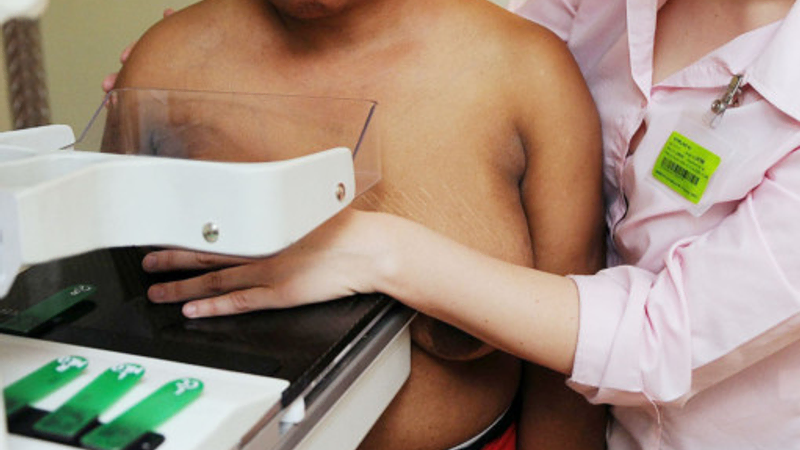The main cause is infection of the cervix by the human papillomavirus (HPV) through sexual contact.
“HPV can be prevented with the HPV vaccination. Cervical cancer month in September is an important opportunity to raise awareness about HPV risks and the need for the HPV vaccine for girls aged 9 and older,” explained Dr Seithati Molefi, deputy chief of party at health NGO Right to Care.
According to the NGO, the World Health Organization (WHO) recommends that girls aged 9 and above should receive the HPV vaccine before they become sexually active.
As part of South Africa’s public health programme, all Grade 5 girls or those 9 years and older in public schools have easy access to free HPV vaccine via the health system.
“Parental consent is required for a girl at school to get this vaccine. It is therefore important for parents to understand what cervical cancer is, its causes as well as how HPV vaccination could protect their daughter from the disease. This helps parents make informed decisions about giving consent for vaccination as well as the possible dire consequences for their daughters if they don’t have the HPV vaccination,” said Molefi.
She added that the risk factors for HPV infection included sexual intercourse at an early age, multiple sexual partners, smoking and HIV infection. If girls don’t receive the vaccine before they become sexually active their chances of developing cervical cancer increase, Molefi said.
She further warned that even if a young girl has had the HPV vaccine, she must still practise safe sex to prevent HIV and other sexually transmitted infections as well as pregnancy.
“It is advisable for her to stick to one partner and negotiate the use of condoms with her partners. She can also ask her healthcare worker about comprehensive reproductive health services including family planning and pre-exposure prophylaxis (PrEP) if she believes she is at risk of getting HIV or if she cannot negotiate safe sex. Cervical cancer is the most common cancer among women living with HIV,” Molefi said.
The organisation added that medical male circumcision helped prevent HPV in women.
“HPV is an infection in the skin that occurs in the moist spaces between the foreskin of an uncircumcised man. A circumcised man’s foreskin is removed so HPV cannot thrive. Medical male circumcision reduces the risk of a man getting infected with HPV and it reduces his chance of spreading it to his female partner,” Molefi explained.
